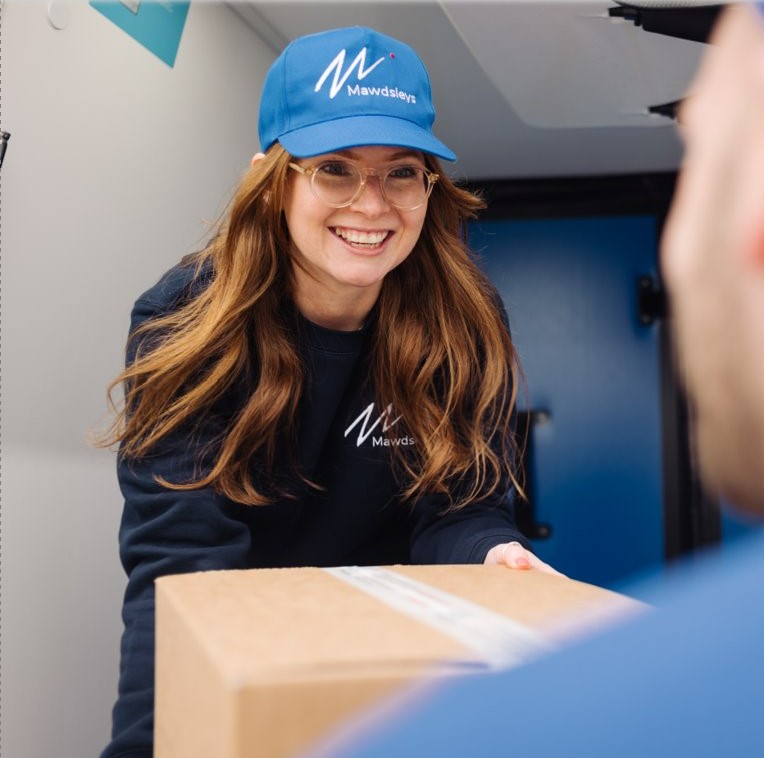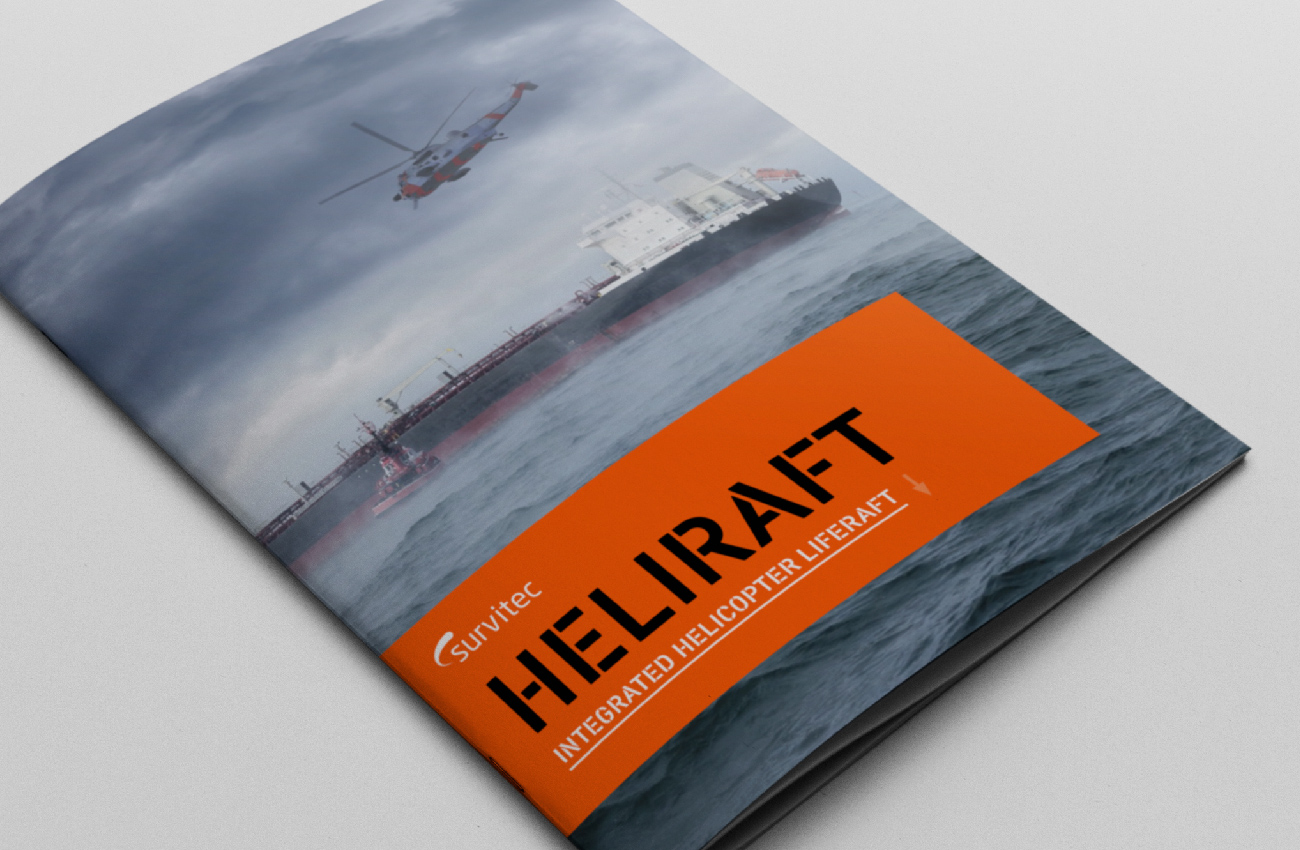Is your B2B brand promising to do its best?



Ever since the publication of ‘The Long and Short of It’, by Les Binet and Peter Field, b2b marketers have been able to understand the importance of brand building. Even ten years after its publication, marketers around the world are still considering its impact
The Binet and Field evidence-based paper highlights that both short-term sales promotion and long-term brand building should be considered when investing in marketing activity. However, brand-building is hard to quantify and justify when compared to the immediate sales jumps and all-important leads delivered by performance-based ads and SEO investment.
Over the years b2b marketers have run the tests, gathered the case studies and compiled the evidence to ensure their companies invest in brand building. Yet it remains a struggle at the boardroom table to justify investment in a brand when immediate return is difficult to evaluate.
However, this could have been made a little easier following some recent research from the LinkedIn B2B institute. Their new report, in partnership with WARC, has provided marketers with another helpful tool in their quest for brand-building excellence.
Brand building is hard to do, but too important to ignore. A recent (July 2023) Marketing Week article highlighted that 58% of marketers say brand awareness is the metric that matters most to them. However, it’s hard to build brand awareness: Do you encourage your employees to live your brand values more? Do you spend more of your budget on above-the-line activities? Do you rebalance your paid search strategy to reach a larger audience, but with potentially fewer leads?
WARC and the LinkedIn B2B Institute have a more helpful suggestion. In their new report they talk about the power of making a Promise to the Customer. Companies and campaigns that focus on a customer promise outperform those that don’t. They have measured performance across traditional brand health measures, how long campaigns run (including media spend), their impact on increasing market share and helping to improve commercial impact through long-term brand and sales growth.
In all these cases, companies, and campaigns with a Promise to the Customer as part of their brand messaging see better results. This is down to the simple power behind a promise. The report states that there should be three compelling attributes behind each Promise to the Customer and these should ensure the promise is:
- Memorable: Creating a promise that it is memorable increases the likelihood that a buyer will notice it. Think ‘We Try Harder’ (Avis)
- Valuable: Demonstrates a fundamental truth about a customer and how the product can add value to their lives: Think ‘You’re not you when you’re hungry’ (Snickers)
- Deliverable: It needs to be achievable to build confidence in the customer. Think ‘Never Knowingly Undersold’ (John Lewis).
Incidentally, it’s likely that the reason John Lewis dropped their promise is that they knew it was less valuable to the customer as it didn’t account for purely online retailers, which was starting to erode confidence in the overall brand.
At Upp B2B, we have years of experience developing a client’s promise to the customer. It’s a key output from our branding model and the results can be so powerful that they provide the platform for future brand-building activity. We have worked with many clients to reflect on their customer promises. Some examples of these include:

To be successful in challenging economic times, businesses need experts by their side. And DHL has a lot of those. With an incredible range of specialists ranging from Transportation, LLP, Sustainability and Real Estate to Logistics, Packaging, HR and Digitalisation, we set out to show businesses around the world why DHL is their best supply chain partner.
We knew a joined-up approach would enable DHL to achieve much more impact with the audience than would be achievable through separate smaller campaigns.
The idea was simple: DHL Supply Chain has the size, the scale and the expertise to help you take on any challenge. The customer is always the hero, but DHL is their #ULTIMATESIDEKICK. DHL’s promise to the customer was to have the expertise and experience to be their #ULTIMATESIDEKICK.

Mawdselys was known as a reliable wholesaler of generic pharmaceuticals but in reality, provided more to their clients than wholesale and warehousing services. They could provide clients with an end-to-end fully regulated range of services, and they wanted clients to understand and trust them to deliver this.
They were more than just a business focused on the storage and management of medicines, they had a significant role and responsibility to keep the sector supplied with the right medicines to support patient outcomes at all times.

Survitec is an industry pioneer in Survival Technology. Their survival solutions and technology keep people safe when their life depends on it. They exist to protect lives and want to be trusted to do this. They have an unwavering commitment to safety and deliver cutting-edge innovations that save lives at sea, on land and in the air.
They needed a customer promise that demonstrated their meticulous focus on delivering products and solutions that save lives. This promise articulates that they will always focus on safety and won’t be satisfied with what is just possible now. They are always looking to re-imagine and re-invent how more lives could be saved through products and solutions.
As customer needs develop, markets evolve, and companies change, having a clear, unique and engaging Promise to the Customer can help your brand have greater recall when companies are looking to purchase products or services. If you’d like to chat with us to see how we can help you review or craft your Promise to the Customer, please drop us a line at hello@uppb2b.co.uk